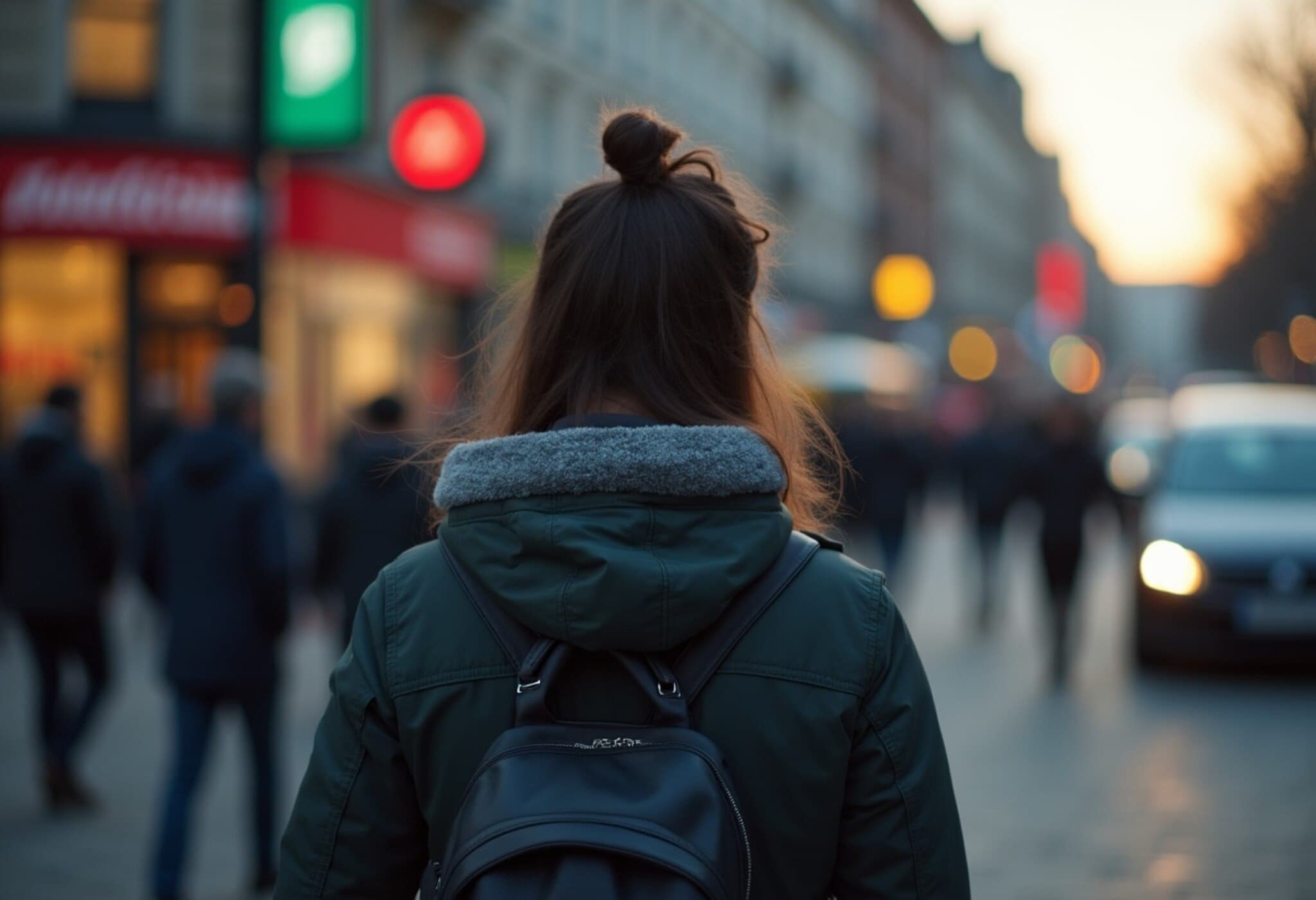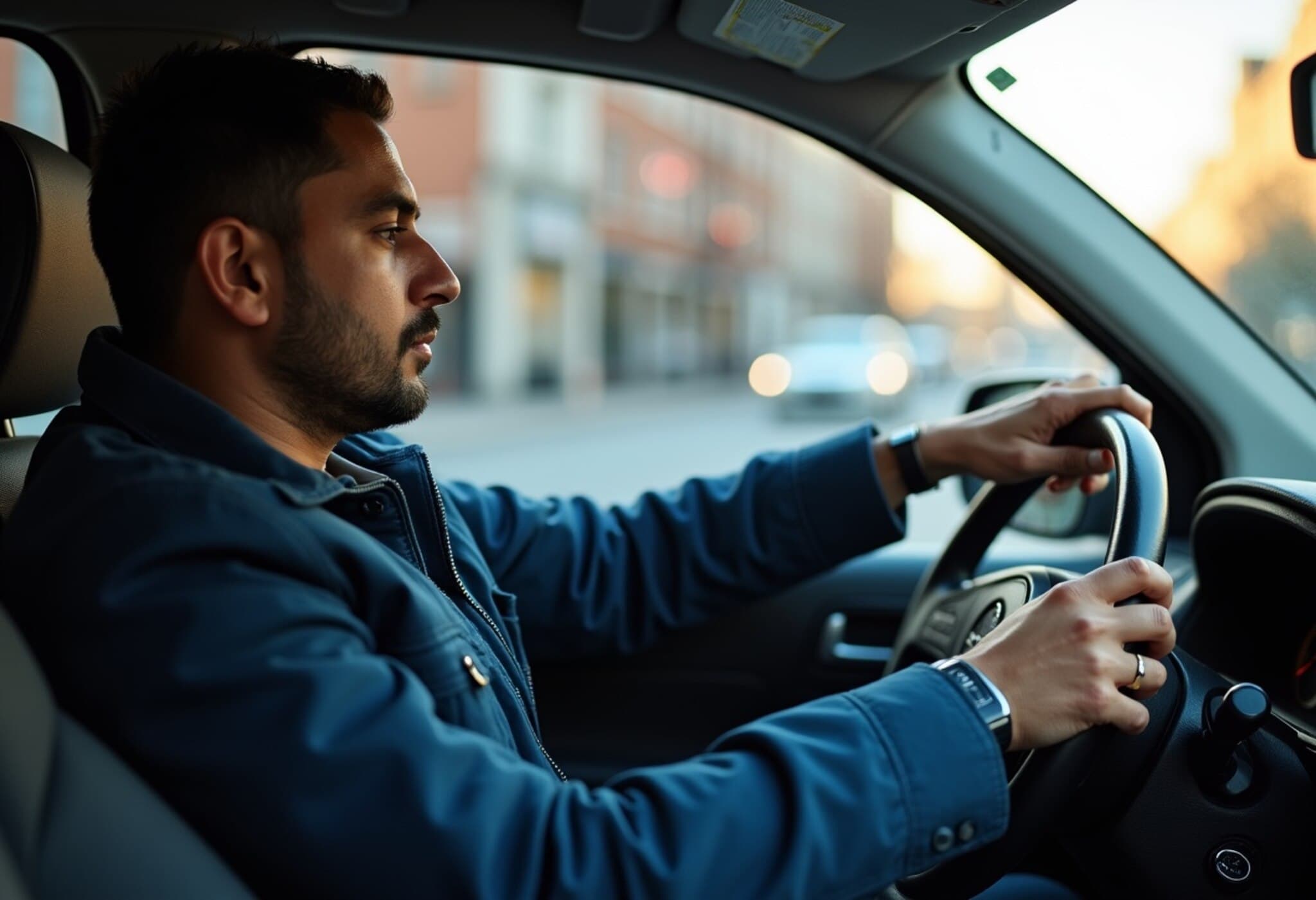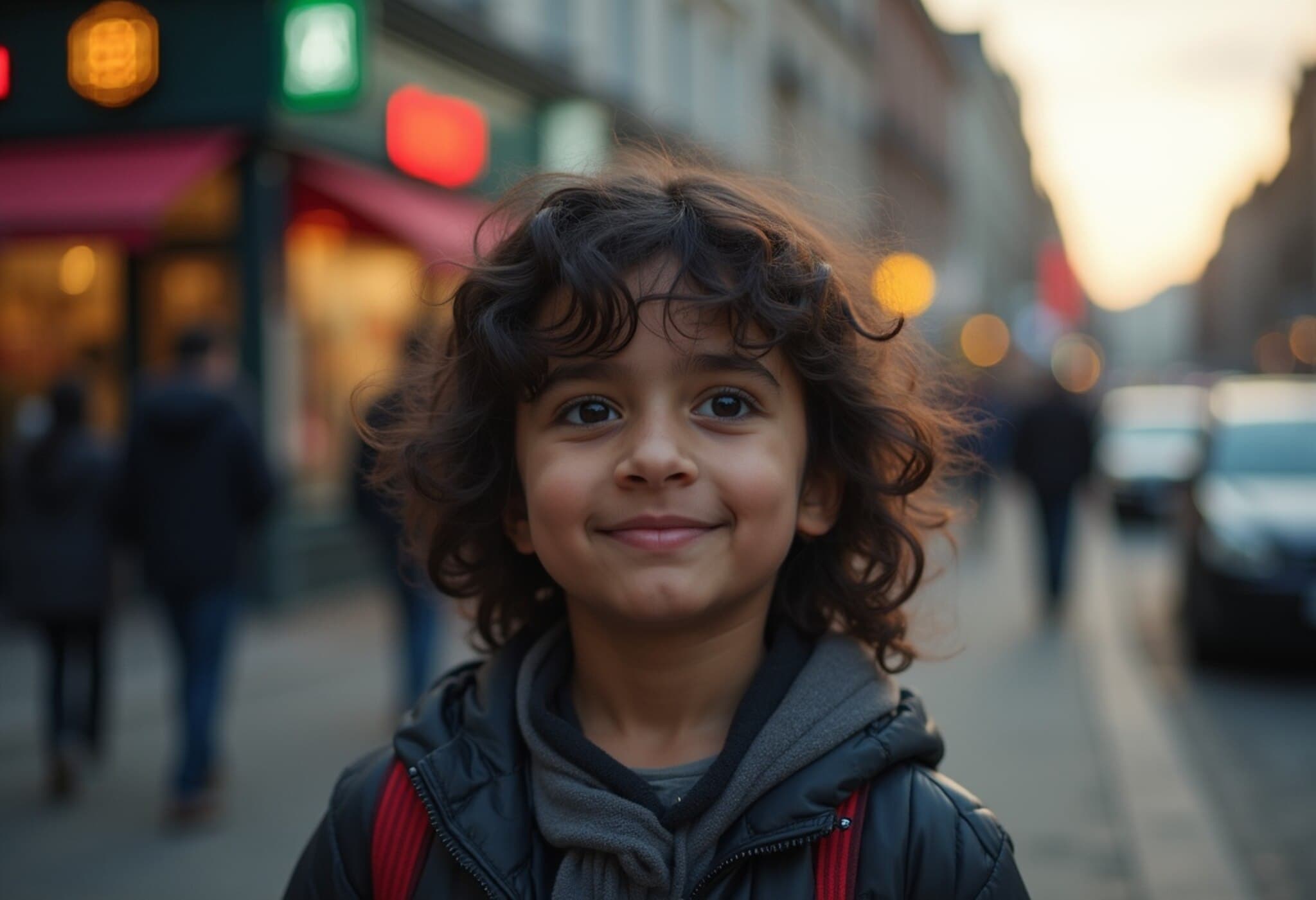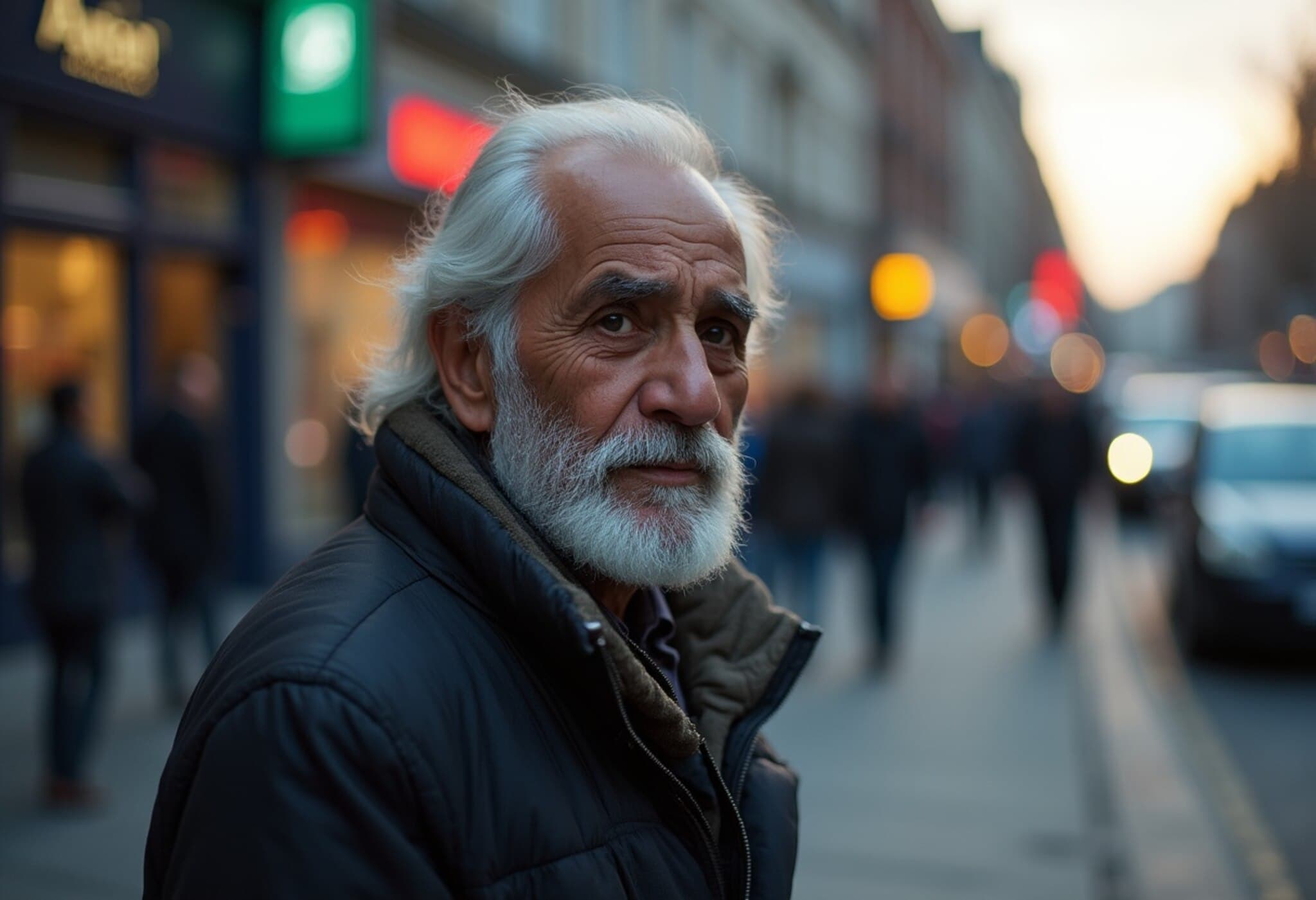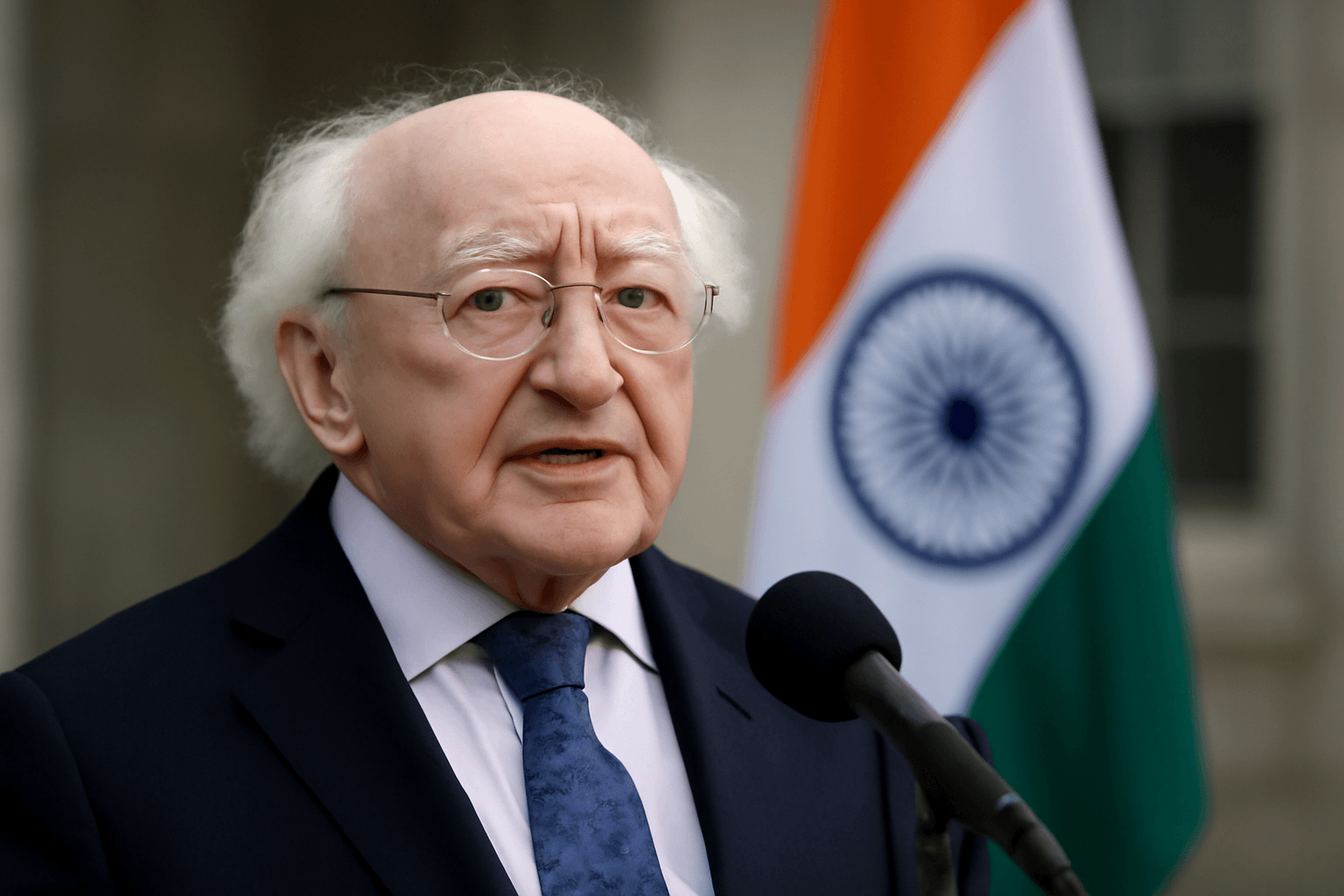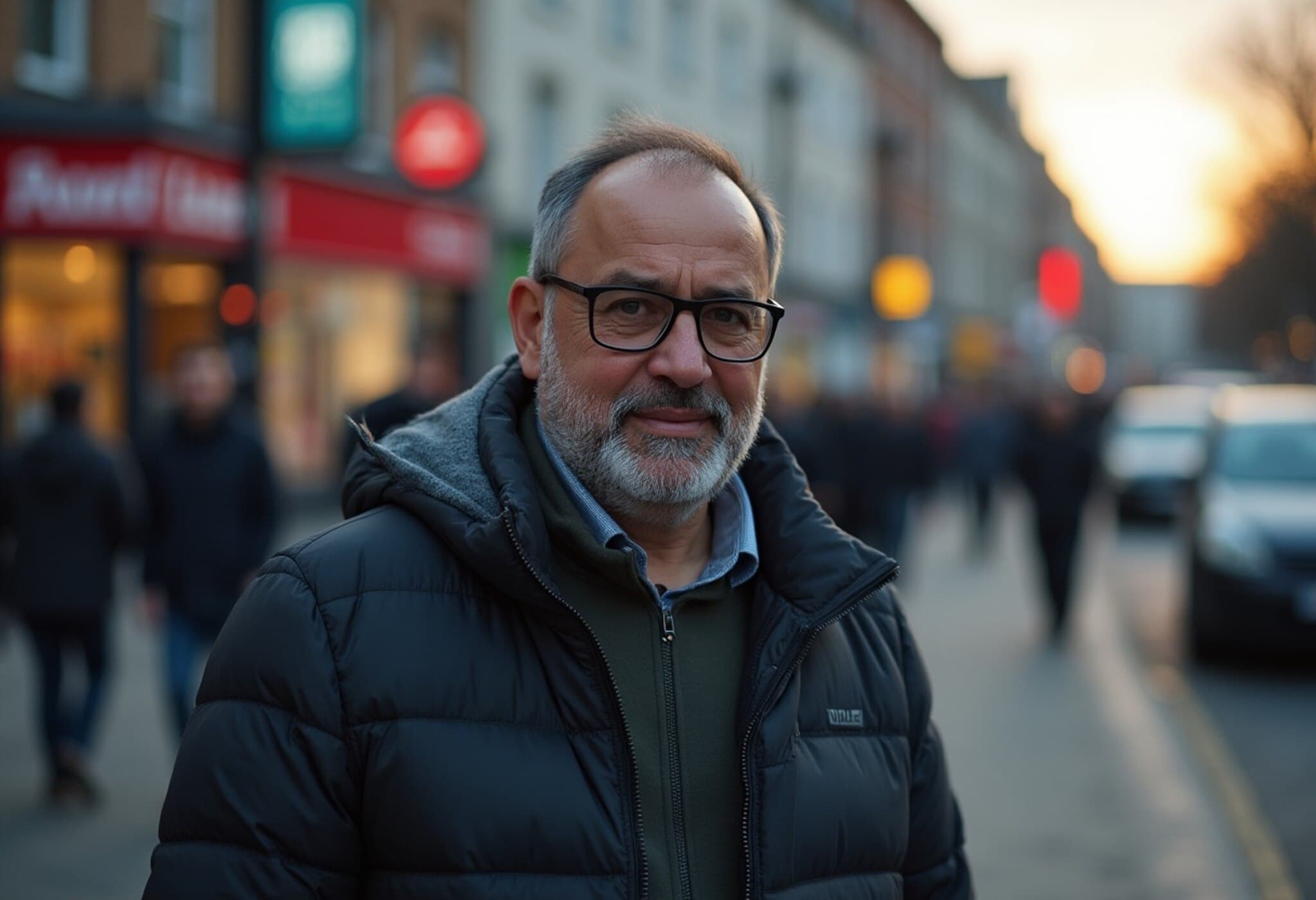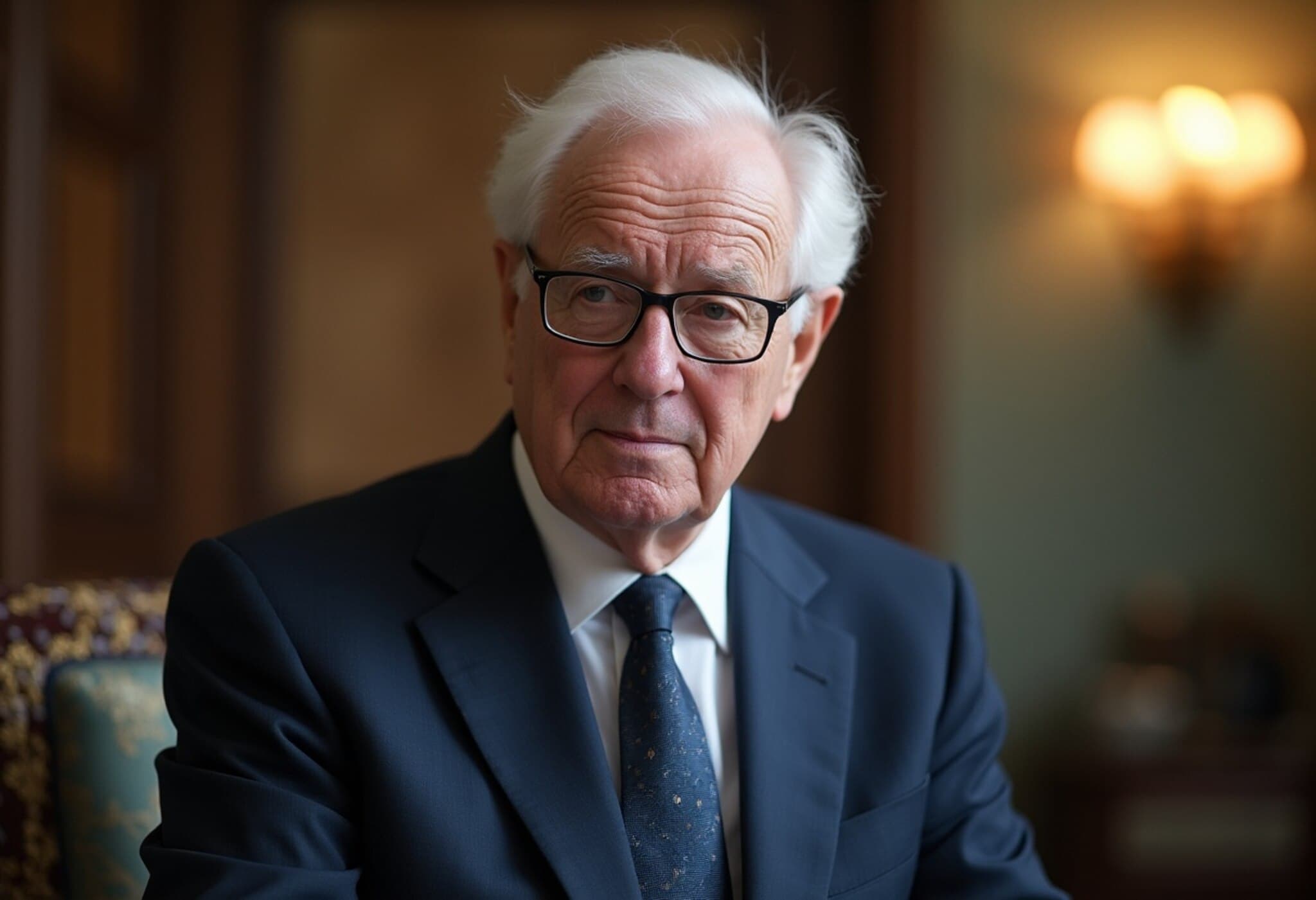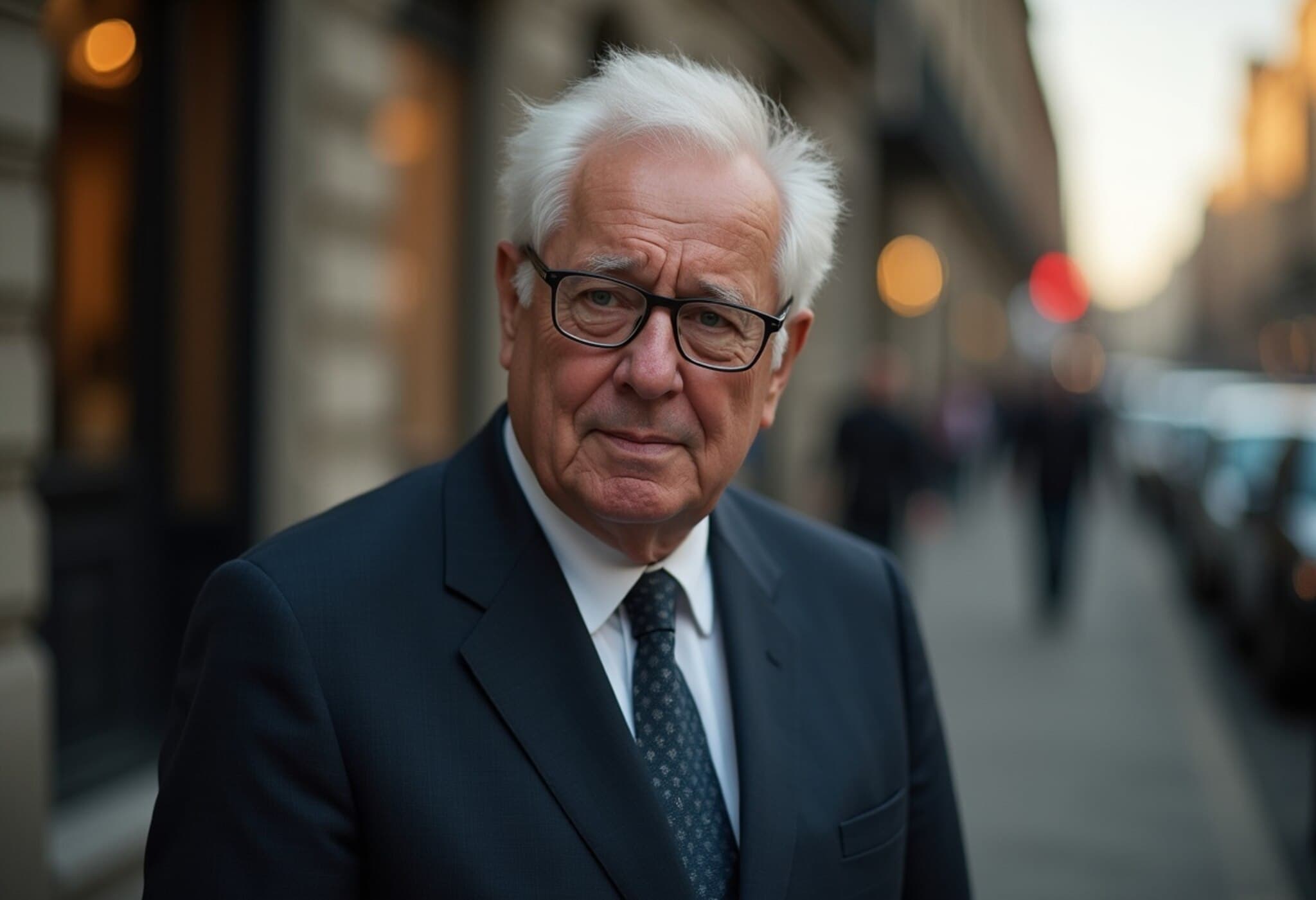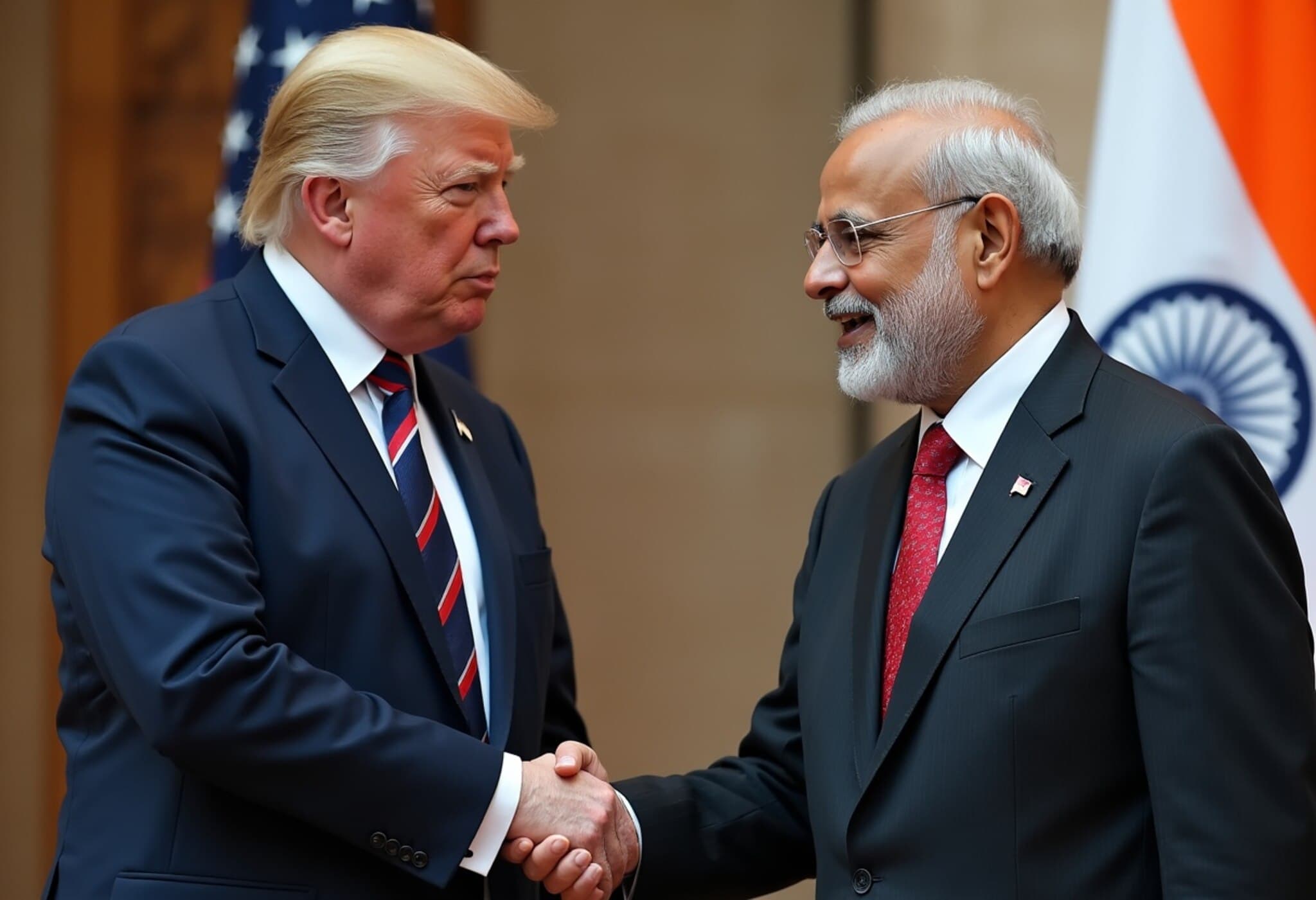Recent Surge in Racist Attacks Alarms Dublin's Indian Community
In a distressing development that highlights ongoing challenges faced by immigrants in Ireland, an Indian student in Dublin has become the latest victim of a violent racist attack. This marks the fourth such incident targeting the Indian community in the Irish capital within a single month, raising urgent questions about safety and social cohesion in the region.
Unprovoked Assault Leaves Student Injured and Fearful
According to an exclusive report by The Journal, the student, who chose to remain anonymous, was attacked last Sunday evening around 5:30 pm while walking home from Fairview Park. A group of teenagers initiated the assault without provocation: one rode up on an electric scooter and kicked the victim in the stomach, then grabbed his metal water bottle and struck him above the eye, causing a serious laceration that required eight stitches. As the student attempted to escape, two additional youths joined in, continuing to punch and beat him until he fell to the ground.
"Many of my friends are scared to go outside," he told reporters, reflecting a broader atmosphere of fear among Indian nationals following these repeated attacks. Despite the violent nature of the assault, bystanders reportedly did not intervene; however, two teenagers later contacted police, who have since launched an investigation and appealed for witnesses.
Community and Official Responses: Gratitude and Calls for Vigilance
Irish President Michael D. Higgins publicly condemned the spate of racist violence earlier this week, labeling such acts "despicable" and expressing his sincere gratitude to the Indian community for their contributions to Irish society. Complementing this official stance, the Indian Embassy in Dublin has advised its citizens to exercise reasonable caution — especially avoiding isolated or deserted areas at night.
Despite these reassurances, the victim described feeling somewhat neglected by embassy officials, recounting that initial contact from his brother was met with requests for written reports but little substantive follow-up.
Broader Context: Multiple Incidents Raise Alarms
This attack is part of a disturbing pattern affecting Indian nationals across Ireland. Other violent episodes have been recorded in Tallaght, Waterford, and elsewhere in Dublin. Incidents include a man physically assaulted and stripped following a false accusation, an individual attacked while walking home, and even a six-year-old girl targeted in Waterford.
These events highlight a potentially growing undercurrent of xenophobia, prompting calls from community advocates and policymakers for enhanced protective measures and greater public awareness.
Next Steps for the Victim and Broader Implications
Following his hospital treatment, the assaulted student plans to return to India, with his parents urging him to prioritize safety. He has sought an extension from his university to complete his academic thesis from home remotely — a decision emblematic of how violence disrupts lives and warrants broader institutional support.
Expert Insight: Sociologists studying integration in Ireland point out that such incidents of hate crimes are often fueled by misinformation, social isolation, and lack of intercultural dialogue. Preventing further escalation requires coordinated community engagement, transparent policing, and educational initiatives that promote inclusivity.
Editor’s Note
This wave of racist attacks in Dublin underscores the vulnerability of immigrant communities even in relatively safe and multicultural societies. While official condemnations are vital, they must be paired with concrete action — from better police responsiveness and embassy support to community programs enhancing solidarity between diverse populations.
For readers, this story invites reflection on how societies address xenophobia and safeguard human dignity amid changing demographics. Will Ireland’s authorities and civic institutions rise to the occasion and provide sustained protection for minorities? Or will victims continue to bear the brunt of violence, forced into isolation or even exile?
As the situation evolves, staying informed and engaged is critical. Only through collective effort can we hope to overcome fear and build communities grounded in respect and security for all.

